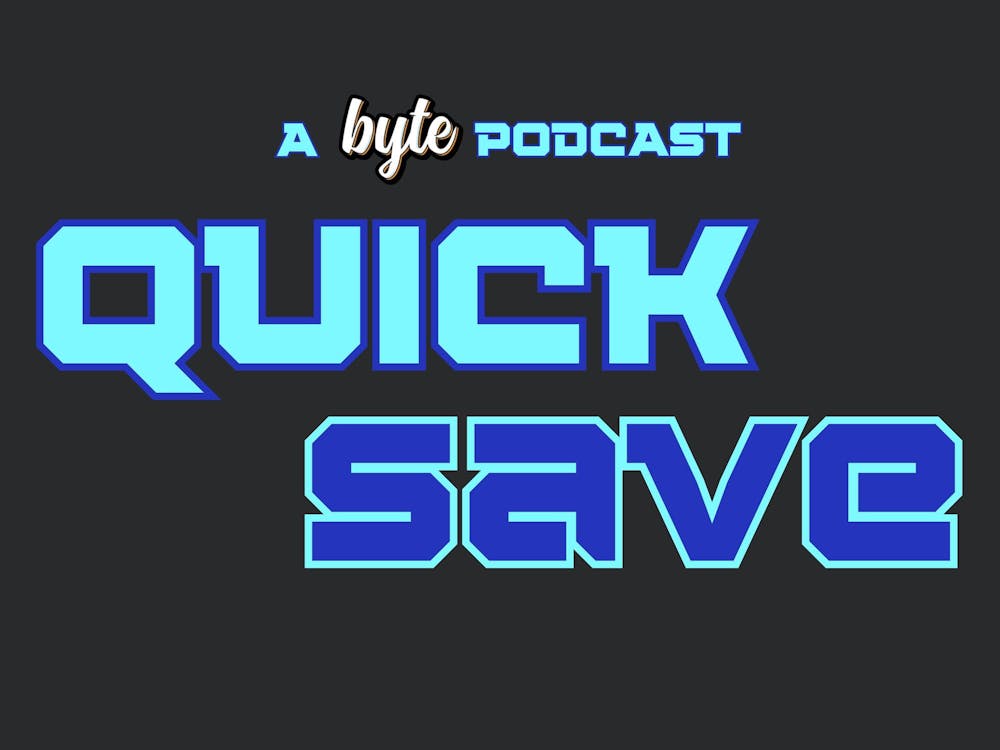by Aidan Kearney Denuvo is the latest in anti-tampering digital rights management software. It has prevented the cracking of multiple games released in 2014 including FIFA 15, Lords of the Fallen, and Dragon Age: Inquisition. No longer will pirates blight PC gaming and cause “millions of dollars” to be lost in profit revenue. Additionally, famed torrenting website “The Pirate Bay” was temporarily taken down in December of 2014 after police raided a server room located in Stockholm, Sweden. At last, the gaming industry has been saved. But how much are pirates really harming developers? Or are developers and publishers hurting consumers? As mentioned, Denuvo is proving to be frustrating to hackers. The process itself is attached to the executable file of the game, checking if the game is connected to the company’s servers. Denuvo also prevents any reverse engineering of any other digital rights management software, such as EA Origins. This means that it prevents pirates from extracting certain files that allow the game to run independently from other clients such as Origins. These files commonly end in a “.dll” format and are found in programs that launch on both Origins and Steam. According to Denuvo’s website, their anti-tamper measure product has no affect on consumers’ hardware and game performance. A Russian gaming website, however, begs to differ. GameMag claims that Lords of the Fallen writes and rewrites onto the hard drive 150,000 times during the course of forty minutes. While only measured in kilobytes, each copy operation record is written onto the same memory block, which can grow enormously in size. A commenter on the site viewed that within one hour approximately 30 gigabytes of information was written to the hard drive. What this means for consumers is that if anyone is using a solid state hard drive that has a limited amount of read/write processes, this can drastically lower the lifespan of the hard drive. Even if this data provided by GameMag isn’t investigated by other sources stateside, the company behind Denuvo has had a less than stellar history with consumer rights and DRM. Sony Digital Audio Disk Corporation developed the SecuROM protection product and it was attached to the video game Spore, released in 2008. SecuROM installed a small program at the same time as Spore that checked for legitimate disc copies were installed on the computer once the software ran. Consumers first ran into issues when they realized that upon uninstallation of Spore, SecuROM stayed installed to the computer, preventing full removal of its DRM. Class-action lawsuits were filed involving the use of this software as consumers claimed that SecuROM damaged their computer and could not be removed without a full-reboot. The issue was not resolved until EA released a special program solely to remove the software from systems. Despite this anti-piracy software, Spore was still the most-pirated game in in 2008, with more 1.7 million downloads recorded from BitTorrent. EA isn’t the only publisher guilty of this. Other companies such as Activision-Blizzard have implemented DRM software that hinder customers experiences. Blizzard’s most anticipated game in more than 10 years, Diablo III, has a particularly egregious form of always-online DRM. Diablo III uses the same form of DRM as Blizzard’s flagship game: World of Warcraft. Diablo III demands that players sign on with their Battle.net account, requiring an Internet connection, even if you play alone. Now for a game that’s multiplayer by default like World of Warcraft, this is no issue. But what about Diablo III? What if by some catastrophe Blizzard closes down or shuts off their servers? Plenty of studios have closed down but their games can still be played. What about games that are always online? If their servers closed players can never access those games again. Attempting to sign in will only be met with an error code. Consumers found problems of their own in Diablo III by claiming they had been wrongfully banned from the game. Tracey Lien described in a Polygon article how Linux OS users were banned from the game and were accused of cheating by Blizzard’s community manager Barishok. Blizzard had permanently banned Linux users, providing them only with an email claiming that they had used unauthorized, third-party software. The software in question? WINE, a program on Linux that allows users to run Windows programs on the operating system. Interviewed Linux users were appropriately insulted and infuriated with Blizzard’s quick dismissal and labeling as cheaters. In a way, this DRM is a way for developers to tell consumers that they can only play the game when and how the developer wants them to. This has happened outside of a hypothetical scenario with Darkspore, a more action-oriented sequel to Spore. The game is available on EA’s Origin although their servers are no longer maintained and multiple bugs have been reported that prevent players from logging in and saving their characters. With all of these efforts to combat piracy, developers have spoken up. SuperMeatBoy developer, Tommy Refenes, argued on his tumblr that sales lost due to piracy is unquantifiable. Hypothesizing sales based on the intentions of a customer can’t be used to calculate revenue compared to the purchase of a physical item, which is how retailers quantify profit loss. “In the digital world, you don’t have a set inventory. Your game is infinitely replicable at a negligible or zero cost. Digital inventory has no value.” Tommy argues that the money spent researching for more effective DRM can be more effectively quantified into a loss from sales as it is a physical process that a game budget has to be deferred to. In 2011, site representative of GoodOldGames, Guillaume Rambourg, spoke against DRM at the London Games Conference. Rambourg stated that DRM acts against loyal consumers, breaking down trust between the developer and consumer. Without this essence of trust between the two parties, Rambourg says that “consumers are free to buy a game one day and then the next day go to the competition.” Ironically, Rambourg states that the piracy industry understands their consumers better as they know it has to be simple and easy. How much have developers listened to their consumers over these events? For years, players have expressed disdain with anti-piracy measures and slowly certain developers have come to understand their plight. Some developers understand that a consumer would rather pirate a game first as a demo, rather than pay full price on release and return it in less than a week after an unsatisfactory experience. Time can only tell to what extent developers and publishers will go for the sake of protecting copyrights. ----- Image: Wired UK




















